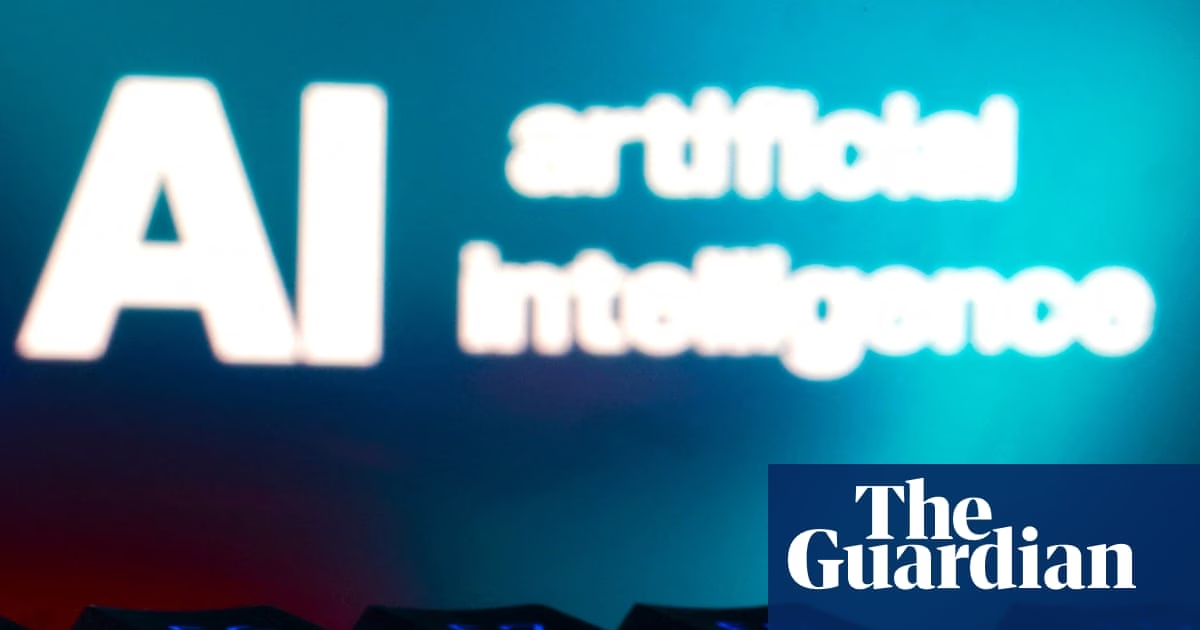According to a survey commissioned by TBI, involving over 3,700 adults, 38% of Britons view AI as an economic risk, while only 20% see it as an opportunity. The main obstacle to wider adoption is identified as a lack of trust in AI technology.
Jakob Mökander, TBI’s director for science and technology policy, stated that the UK’s best chance for AI superpower status is through leading in the adoption of AI, rather than its development. He emphasized the need for government efforts to establish broad public trust in AI, which is critical given AI’s potential to displace between 1m to 3m private sector jobs as per TBI’s forecasts, though new job opportunities are expected to emerge as well.
The government, under Prime Minister Keir Starmer, has set AI as a central pillar of its economic strategy, with Starmer declaring the UK’s intention to become one of the world’s AI superpowers. However, concerns among voters regarding AI’s impact on jobs and the economy have been notable.
A divergence in perception between those who have used AI compared to those who have not is evident. Only a quarter of those who regularly use AI see it as a threat to their economic well-being. Mökander highlighted the need for trustworthy regulation and showcasing the benefits of AI, such as enhanced NHS services or more efficient work hours.
As part of its report released on Monday, TBI outlined five recommendations to build public trust in AI: enhance public AI use, showcase AI’s positive applications, measure AI’s impact in a relatable way, implement responsible regulation, and develop AI skills through educational programs.
The UK government’s spokesperson acknowledged the importance of public trust in AI adoption and highlighted ongoing initiatives to build AI skills and boost adoption, aiming to equip about 10 million workers with the skills and confidence to utilize AI in their roles by 2035.








